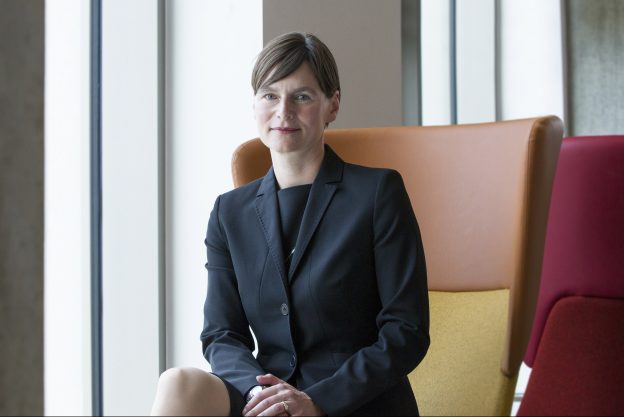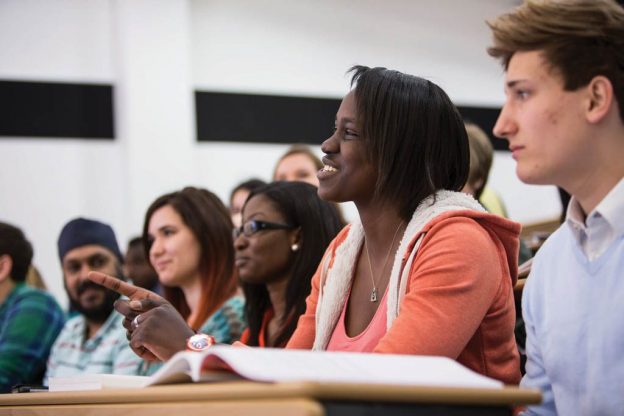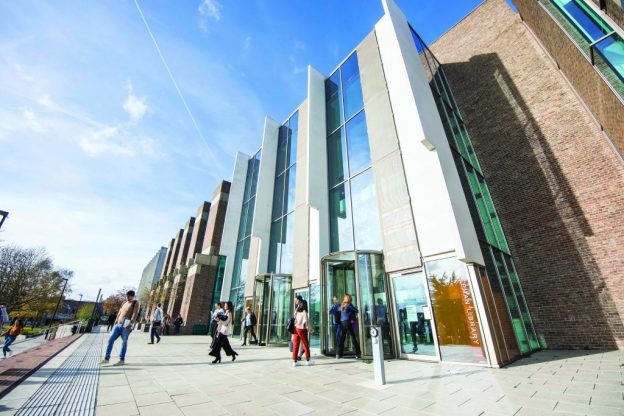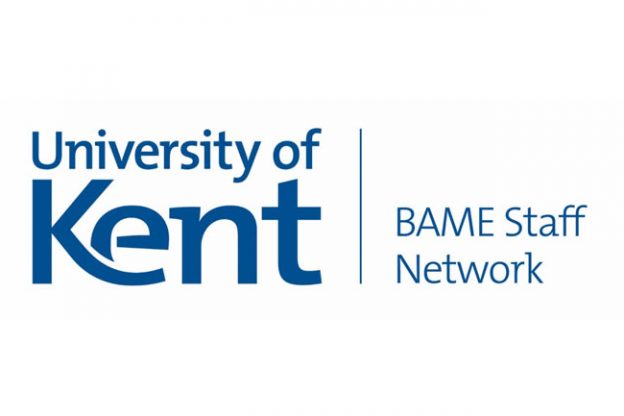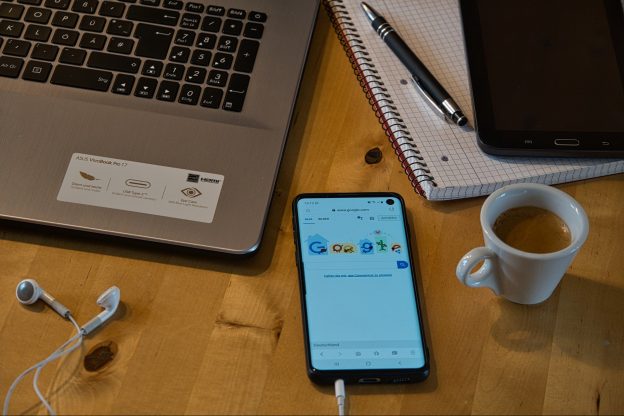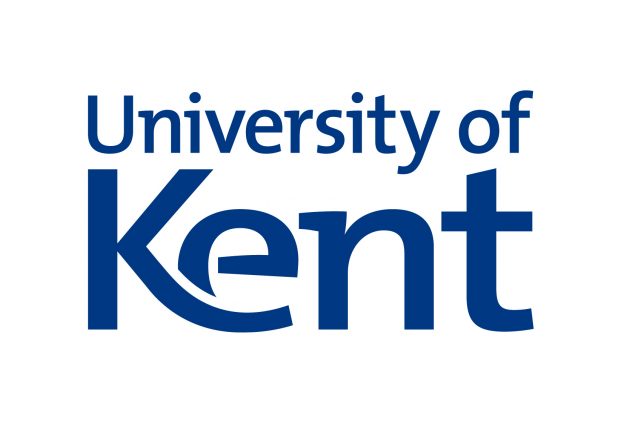I am absolutely delighted to be able to announce that we have now selected our first Signature Research Themes. These are Food Systems, Natural Resources & the Environment; Future Human; and Migration & Movement. All three have a powerful contemporary relevance, and between them they represent some of Kent’s principal strengths in interdisciplinary work; the synergies between our research and teaching; our links with business; and our regional, national and international engagement and partnerships.
I would like to thank all those who took part in the selection process as well as all those who submitted proposals. It was immensely gratifying to see such strong contenders and it was extremely difficult to make the final selection. The themes that were not successful on this occasion will be encouraged to continue their excellent work with a view to their becoming future Signature Research Themes. I would like to thank Dr Tim Hopthrow, Professor Dan Mulvihill and Professor Catherine Richardson, the academic leads for the Themes Task and Finish Group, as well as colleagues from the Office for Scholarly Communication, all of whom have worked tirelessly in support of this initiative. We will continue keep you updated on the work of the Themes over the coming months. You can find out more here.
On a different note, COVID-19 continues to dominate much of our lives. The number of positive cases of COVID-19 remains very low among our staff and student populations at this point. However, we all know circumstances can change and both Academic Divisions and Professional Service Directorates are working hard to ensure we have robust plans in place to respond to range of scenarios. We have developed a care package to support students who are self-isolating and will ensure we make details available to parents as well as students as we know this is an area of considerable concern.
We also have a framework in place to support the health and wellbeing of all staff during this challenging time and will continue to work closely with our Staff and Trades Union Representatives to ensure we are responding to staff concerns as they arise.
The University’s ‘Gold Command Team’, which oversees our response in terms of teaching delivery, campus operations and student and staff health and wellbeing, is now meeting twice daily. We continue to work in line with Government guidance, and this week received further confirmation that there is a strong commitment to working with universities to enable students to return home at Christmas. We will continue update you on a regular basis and additional information can be found on our Covid webpages for staff and students.
With the greatest of thanks and my very best wishes to you and your families,
Karen
Professor Karen Cox | Vice-Chancellor and President
